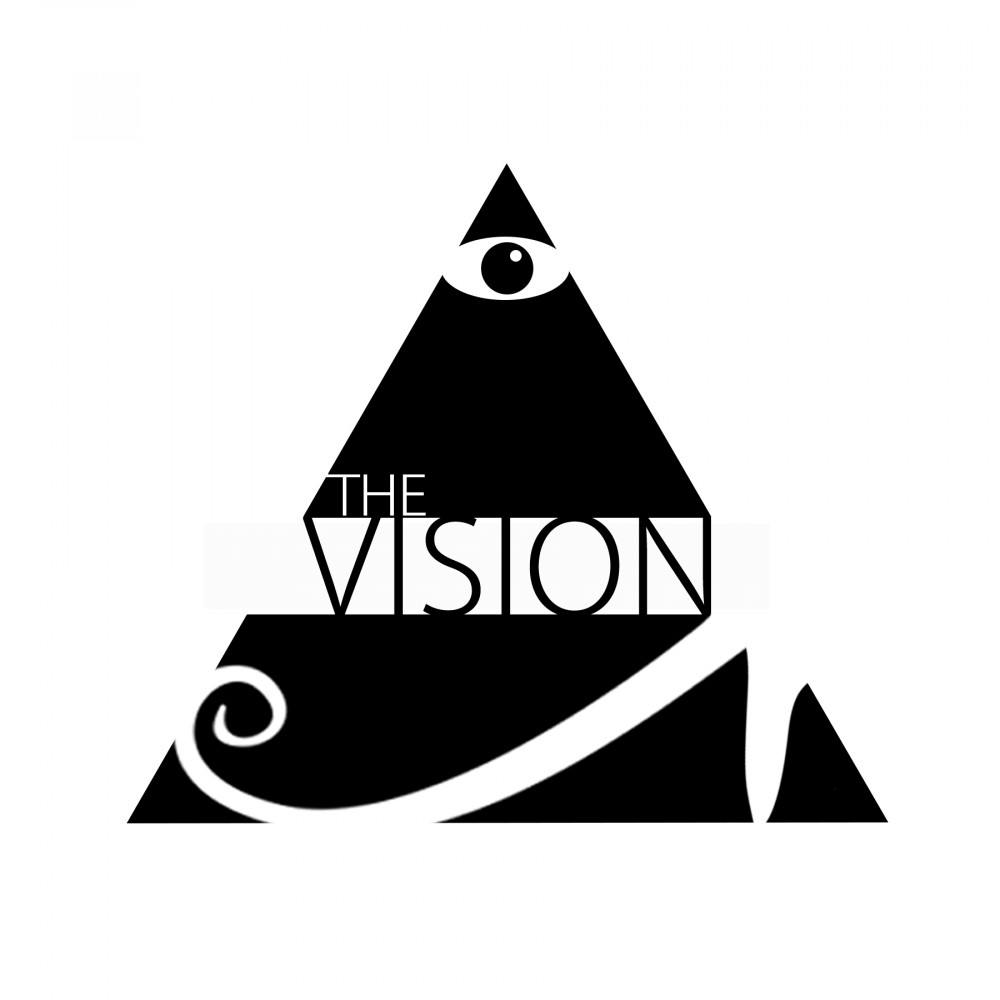T he black male is considered the quintessential victim of racial violence and discrimination. This man is usually straight, and he is usually cis. The black community and its allies rally behind images of Trayvon Martin and Mike Brown — we rally behind images of black men being lynched, of black men experiencing extreme forms of violence, of black men being disproportionately incarcerated.
We use these catastrophic events to talk about inequalities against the black community, and we expect every member in the community to advocate in protest around said events. My issue here is that other narratives are pushed into the background, particularly those of black women and queer and trans people, whose experiences with violence are overlooked in order to aggrandize movements in the name of black men.
Historically speaking, black women have been doers in the fight for human rights. Whether it’s Harriet Tubman freeing slaves through the underground railroad or black mothers creating a movement to protest the effects of police brutality in Ferguson, black women have been major players in the realm of social change. However, we don’t talk about how women’s bodies are oversexualized and devalued. There is little discussion today about crimes when their victims are people like Jada, a 16-year-old girl who was raped and then made into a meme, her identity and image scattered around the internet as a joke. We don’t talk about violence against black trans women like Islan Nettles, who was physically assaulted and later died from her injuries. Her attackers still haven’t been brought to justice.
Queer and gendered narratives are stripped from the black narrative, resulting in a solely heteronormative, male, black narrative, which effectively serves as an act of erasure. We are expected to drop our identities — identities that interact in ways that open us up to violence that is largely ignored. We are expected to silence our criticisms about our treatment in order to focus our attentions on the struggles of black men.
But our queerness shouldn’t only be discussed in LGBTQ spaces, and our womanhood shouldn’t only be discussed in feminine spaces. Due to the inextricable nature of blackness from one’s identity, supplemental aspects of individuality, such as sex and sexuality, are incapable of being unaffected by race. However, our concept of identity has become so compartmentalized that often we have no choice but to use those formalized spaces, even when those spaces ask us to minimize some aspect of our identity.
We live in a culture of silence. Most of our discourse centers around the invisibility of the black community on this campus, but the silence about black women and LGBTQ people within the black community is deafening. The silence is deafening when we see and use statistics about police violence and automatically assign it to black straight men. It’s deafening when we continually have discussions about the effects that racism has on black men but largely neglect the ways in which black women have to deal with both racism and misogyny. It’s deafening when images or mentions of black queerness are met with disgust, discomfort and disbelief as if we’re abnormal, as if heterosexuality is a necessary component of the black experience. We’ve created an exclusionary and fragmented community.
My identity is not fragmented. I am black, I am a woman and I am bisexual. My identity cannot be relegated and dissected to occupy certain spaces, nor should it have to be in order to have productive discussions or even a casual conversation. I should not have to feel excluded from the communities that I occupy, yet be expected to unequivocally support every single one of them, when individually they don’t adequately acknowledge my needs. This exclusionary tale is one that needs to be challenged and rectified. Our community isn’t fragmented because we refuse to create one generic narrative — it’s fragmented because we believe that one face can adequately represent us all.
Janae Brooks is a College sophomore from Atlanta studying comparative literature. Her email address is janaebro@sas.upenn.edu. “The Vision” is a column for black voices that appears every Wednesday.
The Daily Pennsylvanian is an independent, student-run newspaper. Please consider making a donation to support the coverage that shapes the University. Your generosity ensures a future of strong journalism at Penn.
DonatePlease note All comments are eligible for publication in The Daily Pennsylvanian.








